New platform highlights geothermal potential across the UK
A new government-funded geothermal initiative, which includes an interactive map, has launched to help decision makers assess the geothermal potential across the UK.
11/08/2025 By BGS Press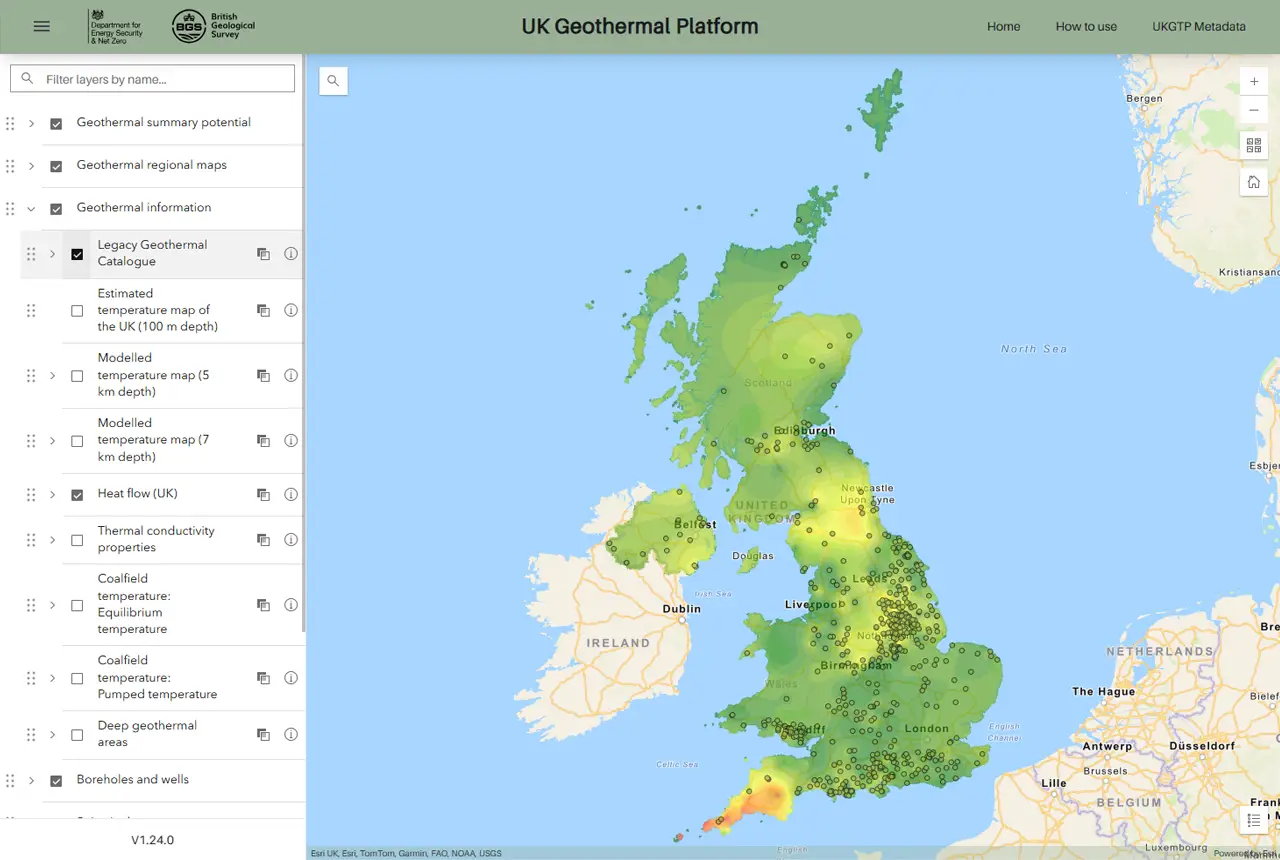
Geothermal technologies, which use heat from the ground, have the potential to decarbonise heating and cooling, playing a role in the energy transition to net zero emissions in the UK. The ability to identify which parts of the subsurface have the necessary conditions to realise this potential is an important first step.
BGS has launched the UK Geothermal Platform, which provides national- to local-scale information on geothermal potential across shallow and deep technology options. It allows users to explore and assess the geothermal potential of an area and make more informed decisions. The platform draws together diverse information and synthesises it to deliver the information needed by heat policy, heat networks, national zoning model and planning specialists. The platform can be used by regulators, developers and researchers.
Included in the platform is an overview of geothermal energy potential for four geothermal technologies (Great Britain coverage):
- shallow, vertical closed-loop with ground-source heat pump
- shallow open-loop with ground-source heat pump
- deep, hot sedimentary aquifers (hydrothermal)
- deep, engineered geothermal systems in granites (petrothermal)
For instance, the platform highlights that closed-loop systems can technically be deployed almost anywhere across Great Britain (local planning and regulatory constraints apply). Up to 55 per cent of the population has the potential to extract up to 15 000 kWh of thermal energy (the typical annual energy of a gas boiler), via a single, 150 m-deep, closed-loop system.
Towns, cities and industrial sites can be assessed for the potential to retrofit geothermal technology and new development zones can be quickly assessed for strategic use of geothermal energy from the start of the development or planning cycle. For example, planned development for the Liverpool–Manchester–Leeds–Sheffield growth corridor can take advantage of multiple geothermal energy technologies.
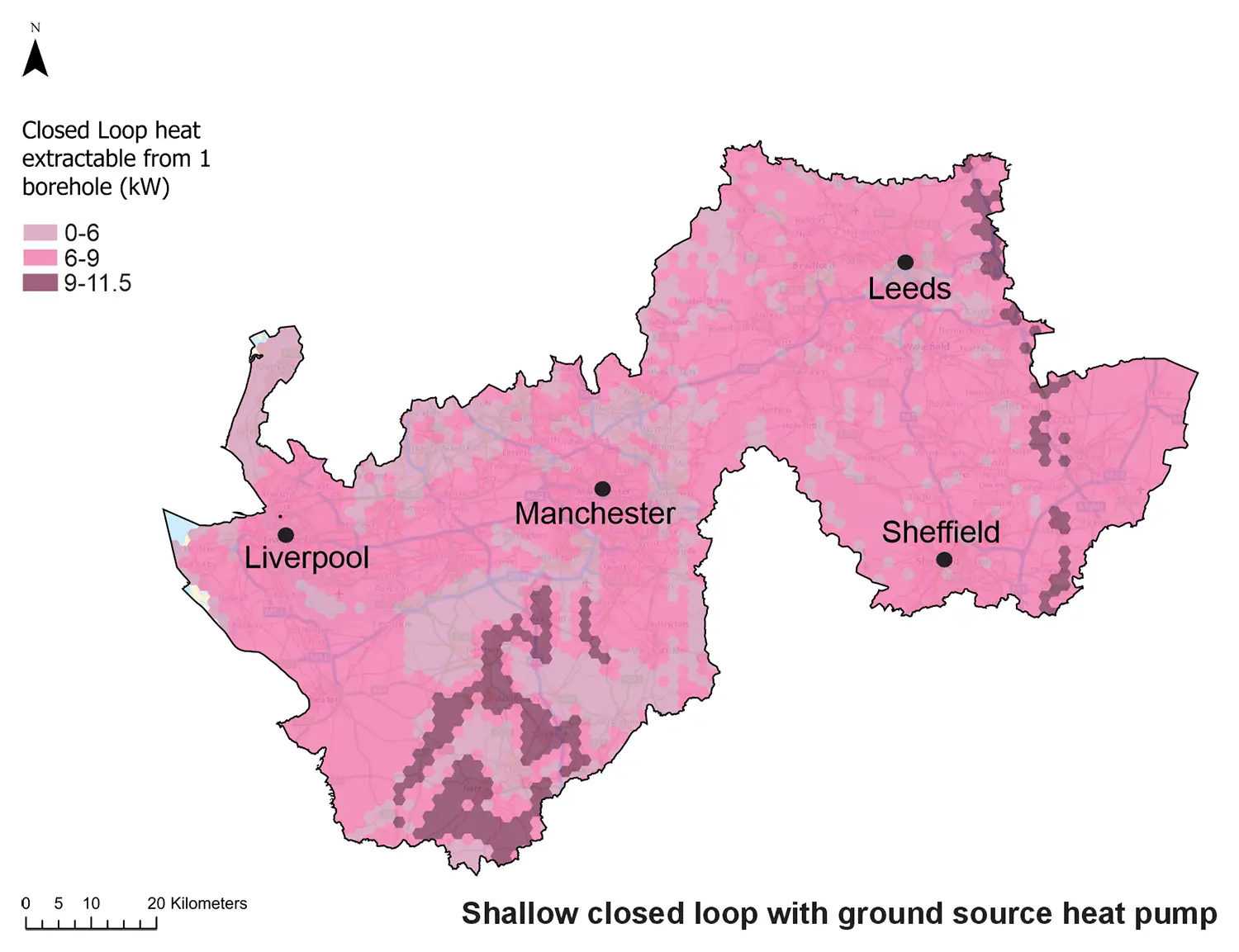
Geothermal summary potential highlighting opportunities across the Liverpool-Manchester-Leeds-Sheffield growth corridor showing closed loop heat extractable from one borehole in kilowatts. Contains OS data © Crown Copyright and database right 2025, data © Department for Energy Security and Net Zero, 2025, data BGS © UKRI 2025.
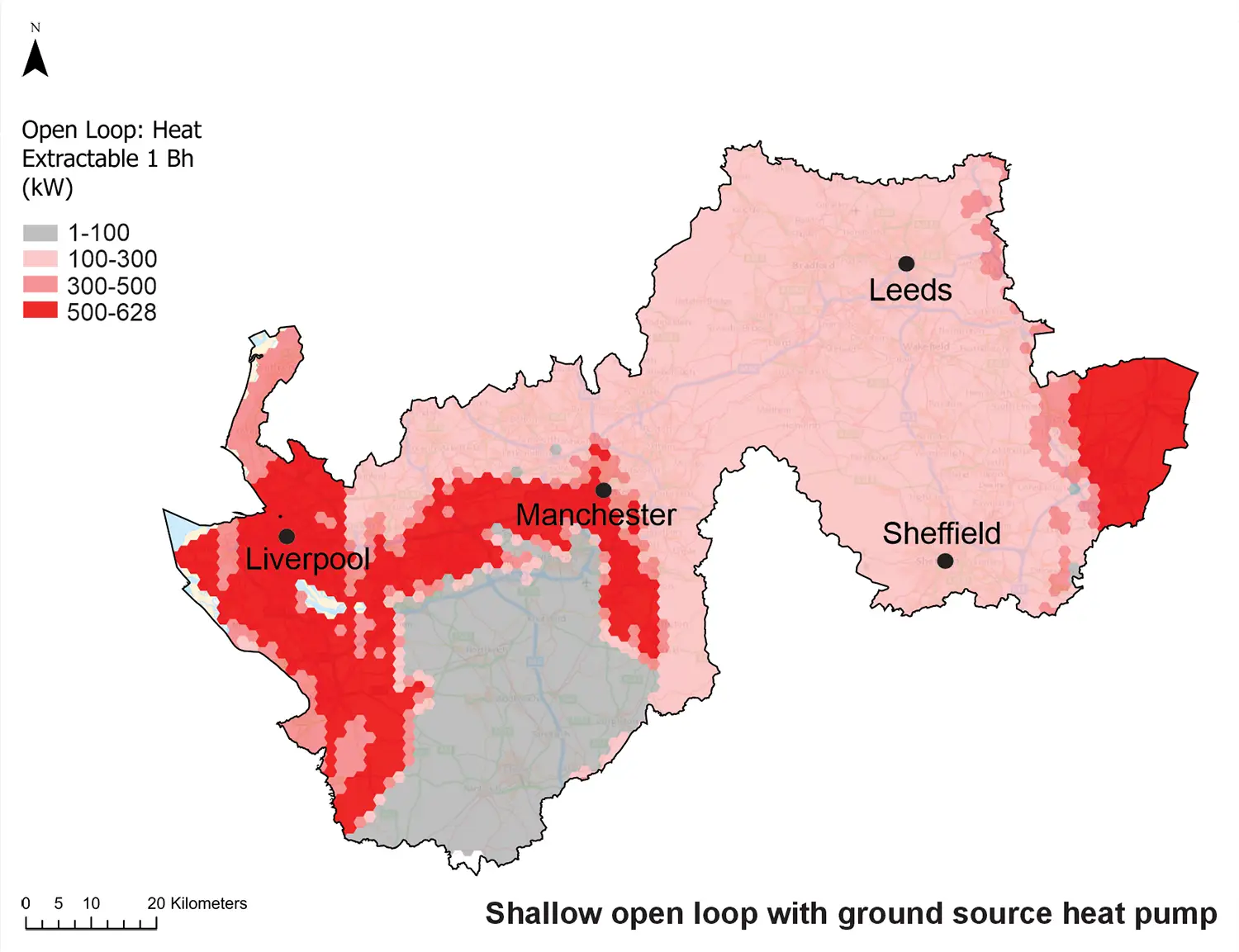
Geothermal summary potential highlighting opportunities across the Liverpool-Manchester-Leeds-Sheffield growth corridor showing open loop heat extractable from one borehole in kilowatts. Contains OS data © Crown Copyright and database right 2025, data © Department for Energy Security and Net Zero, 2025, data BGS © UKRI 2025.
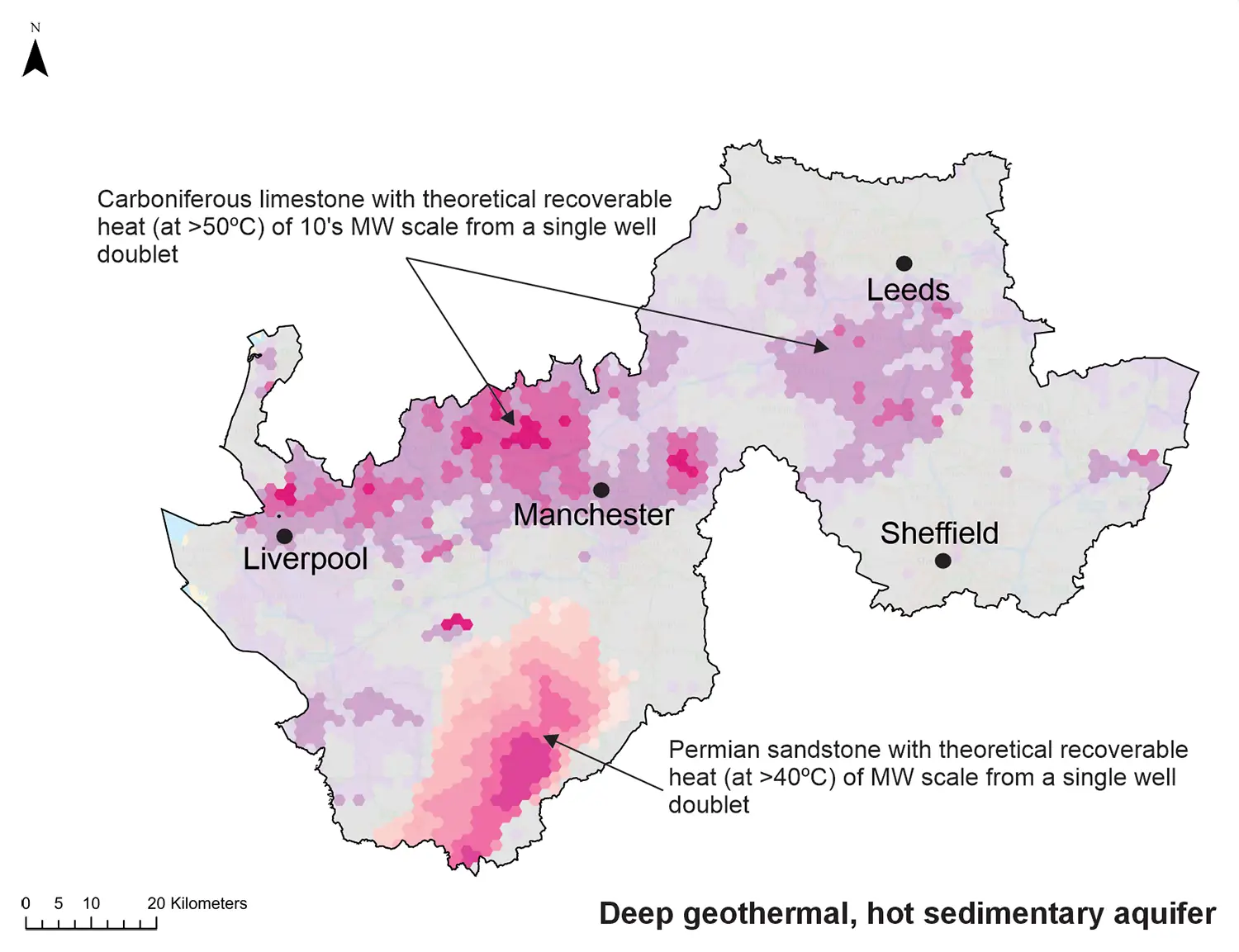
Geothermal summary potential highlighting opportunities across the Liverpool-Manchester-Leeds-Sheffield growth corridor showing the deep geothermal, hot sedimentary aquifer. Contains OS data © Crown Copyright and database right 2025, data © Department for Energy Security and Net Zero, 2025, data BGS © UKRI 2025.
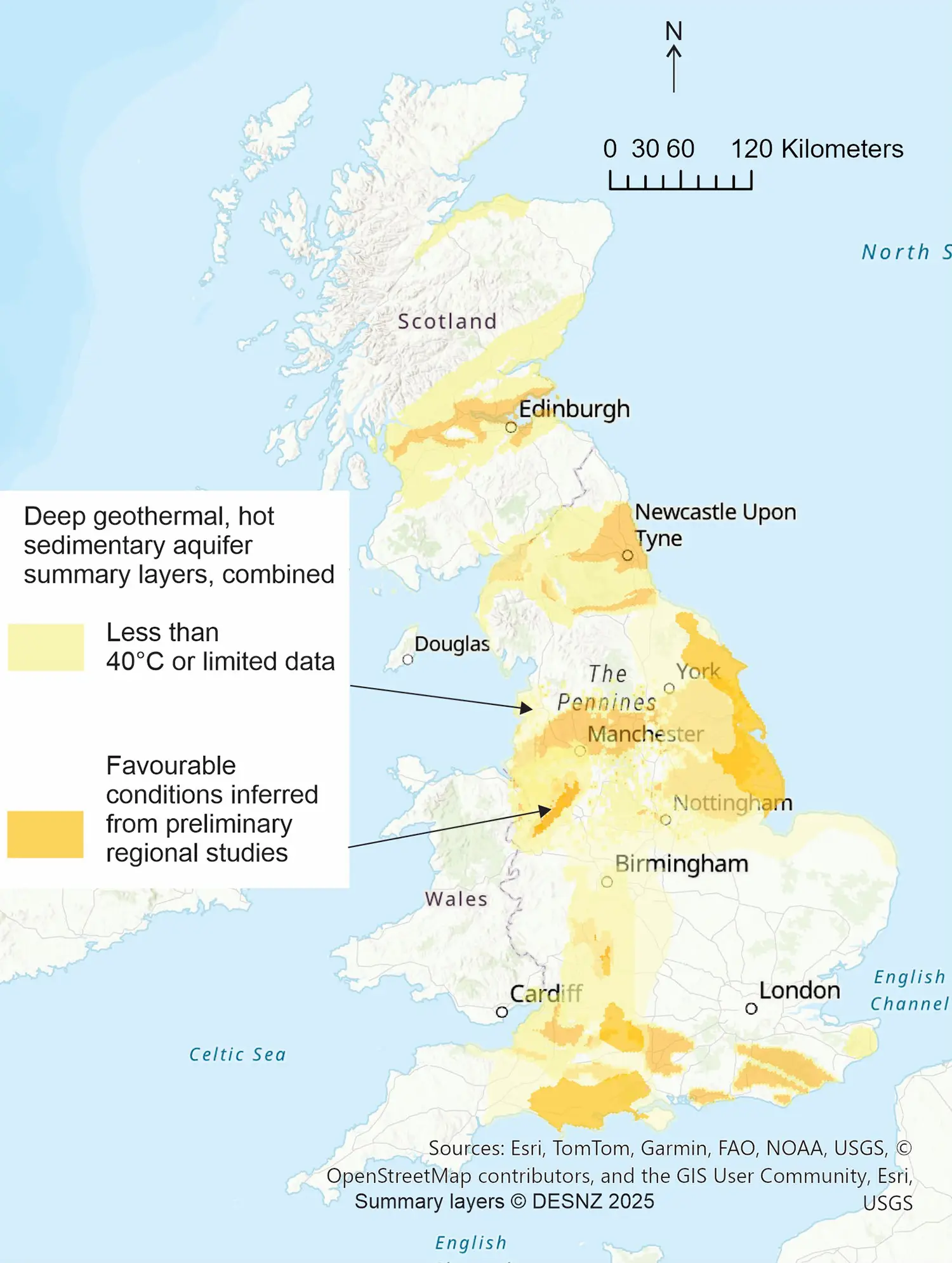
The extent of the combined deep geothermal, hot sedimentary aquifer potential. Contains OS data © Crown Copyright and database right 2025, data © Department for Energy Security and Net Zero, 2025, data BGS © UKRI 2025.
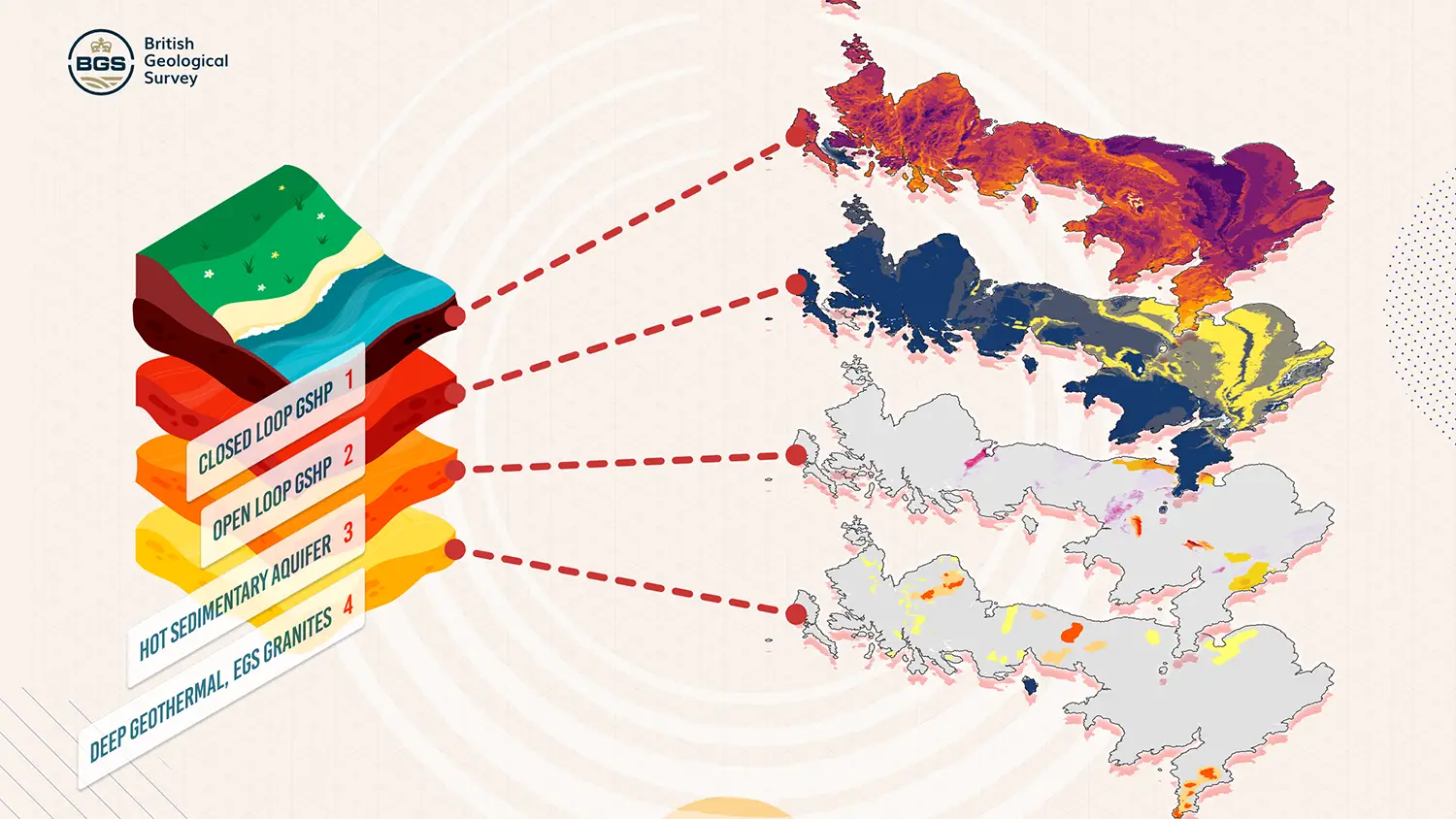
Overview of geothermal energy potential for four geothermal technologies in Great Britain: Closed loop GSHP, open loop GSHP, hot sedimentary aquifer and deep geothermal, EGS granites. Contains OS data © Crown Copyright and database right 2025, data © Department for Energy Security and Net Zero, 2025, data BGS © UKRI 2025.
The openly available platform features a user-friendly map explorer and a data access page that also enables you to view more detailed geoscientific information from several organisations, including BGS, the Mining Remediation Authority, environmental agencies, the North Sea Transition Authority and the UK Onshore Geophysical Library.
For the first time, the UK Geothermal Platform makes a large volume of national-scale geothermal data and information available and digitally accessible.
It supports a wide range of users in understanding at high level the potential for a range of geothermal energy options, supporting decarbonisation of heating and energy security.
Dr Alison Monaghan, head of geothermal at BGS.
The first release of the UK Geothermal Platform has been funded by the UK Government’s Department for Energy Security and Net Zero (DESNZ) through the Net Zero Innovation Portfolio. It is delivered and maintained by BGS.
The UK Geothermal Platform is part of the Department’s £1 billion Net Zero Innovation Portfolio which provided funding for low-carbon technologies and systems and aims to decrease the costs of decarbonisation and set the Uk on the path to a low carbon future.
Geothermal energy – British Geological Survey
Geothermal technologies – British Geological Survey
For more information, please contact BGS press (bgspress@bgs.ac.uk) or call 07790 607 010.
NOTES FOR EDITORS
About the British Geological Survey (BGS)
The British Geological Survey is a world-leading geological survey and global geoscience organisation, focused on public-good science for government and research to understand earth and environmental processes.
We are the UK’s premier provider of objective, impartial and authoritative geoscientific data, information and knowledge to help society to use its natural resources responsibly, manage environmental change and build resilience capabilities.
From resource management and environmental protection to natural hazard mitigation and climate change adaptation, our work underpins many of the key challenges and opportunities facing the UK today.
Relative topics
Related news

Can sandstones under the North Sea unlock the UK’s carbon storage potential?
02/02/2026
For the UK to reach its ambitious target of storing 170 million tonnes of carbon dioxide per year by 2050, it will need to look beyond the current well-studied geographical areas.
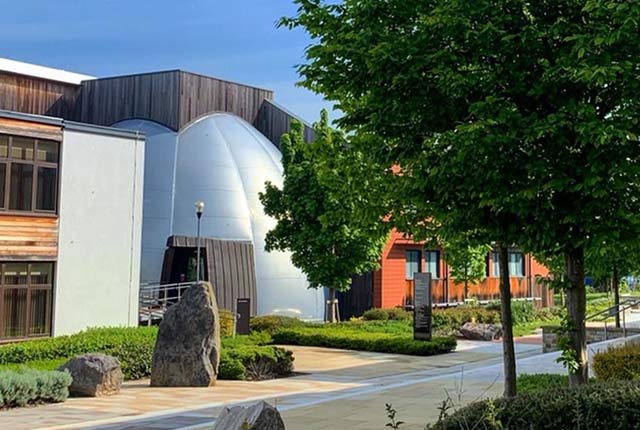
Making research matter: BGS joins leading research organisations in new national initiative
10/12/2025
A new alliance of 35 organisations has been formed that is dedicated to advancing science for the benefit of people, communities, the economy and national priorities.
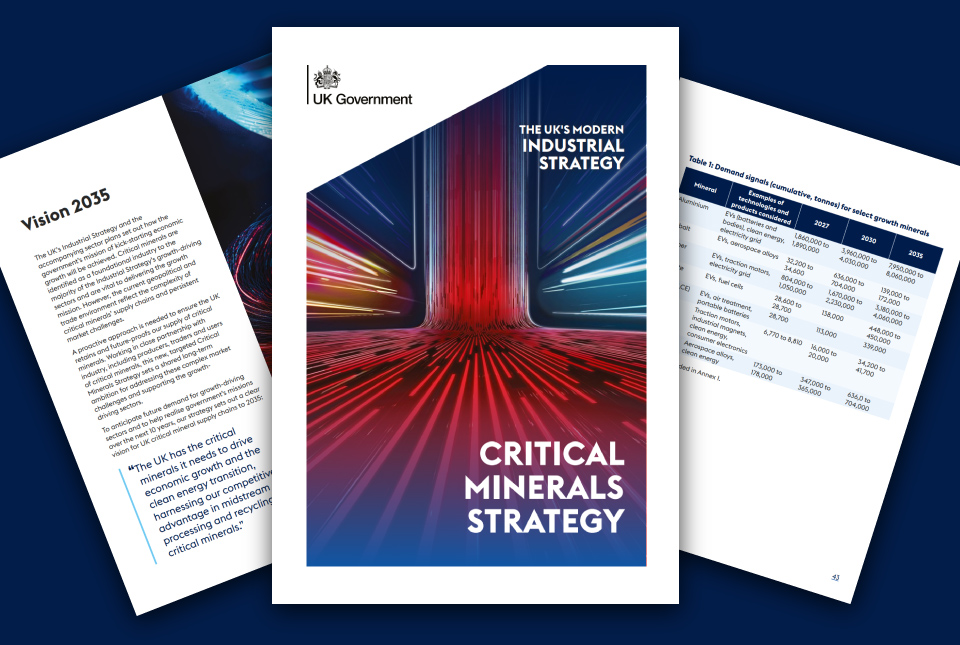
BGS welcomes publication of the UK Critical Minerals Strategy
23/11/2025
A clear strategic vision for the UK is crucial to secure the country’s long-term critical mineral supply chains and drive forward the Government’s economic growth agenda.
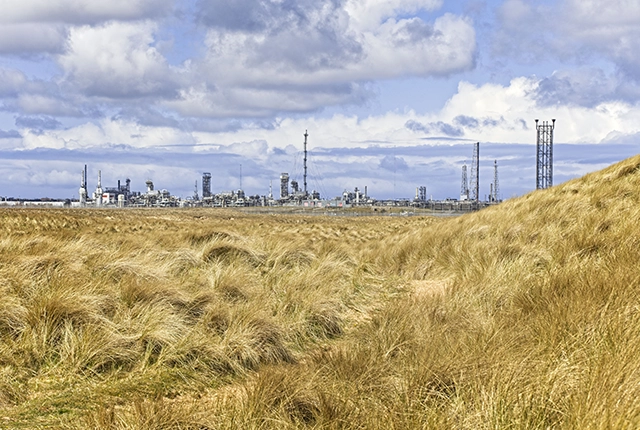
New funding awarded for UK geological storage research
21/11/2025
A project that aims to investigate the UK’s subsurface resource to support net zero has been awarded funding and is due to begin its research.
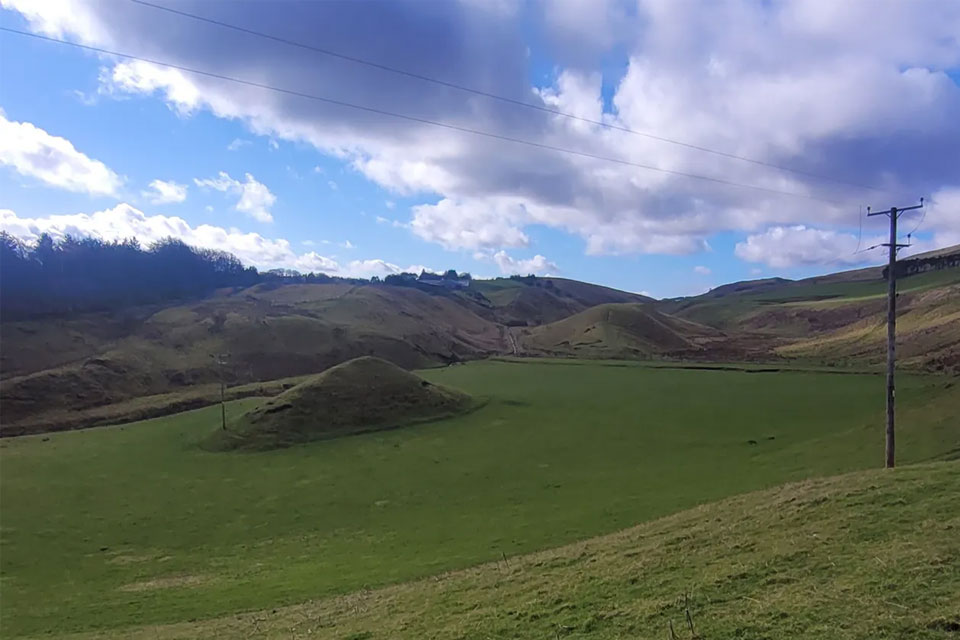
How the geology on our doorstep can help inform offshore infrastructure design
19/11/2025
BGS is part of a new collaboration using onshore field work to contextualise offshore data and update baseline geological models which can inform the sustainable use of marine resources.
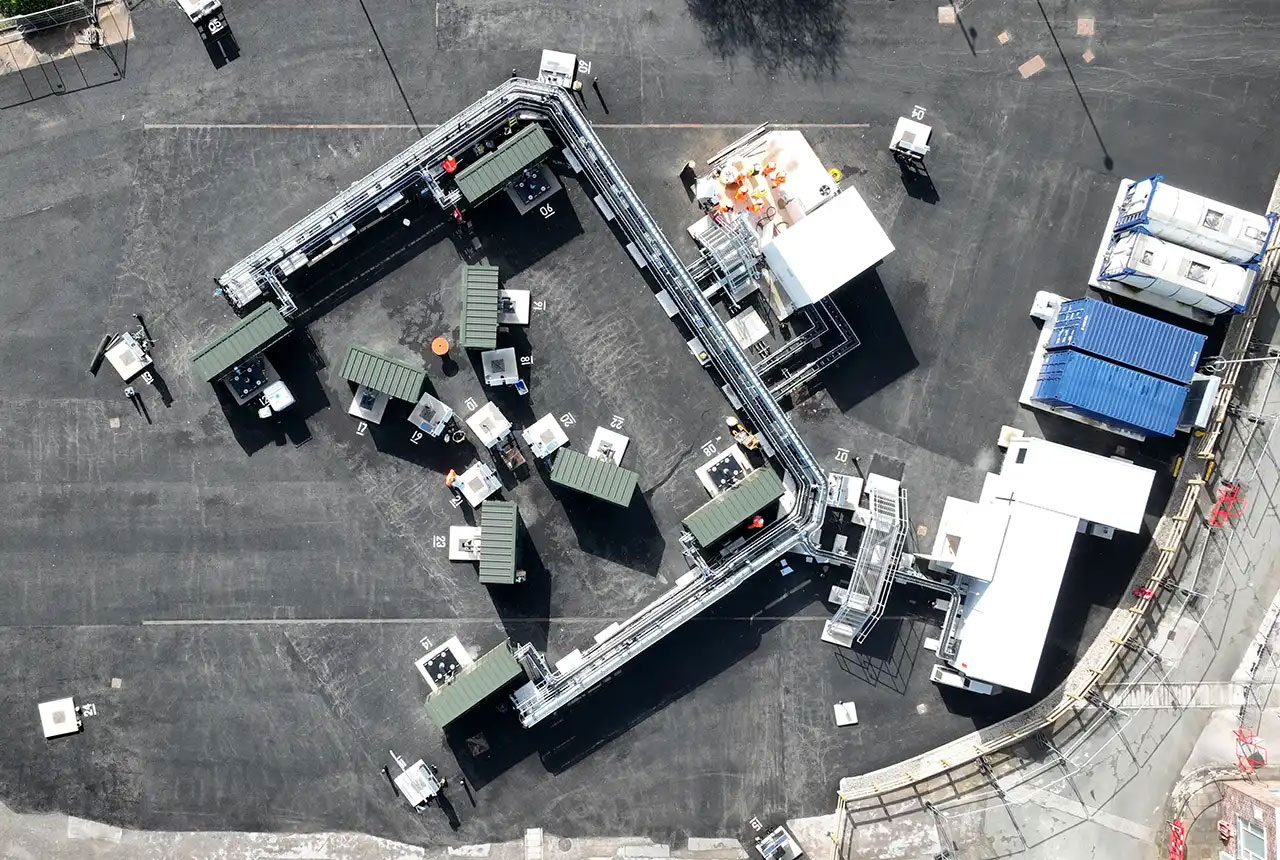
First distributed acoustic sensing survey completed at UK Geoenergy Observatory
12/11/2025
New research at the Cheshire Observatory has shown the potential for mapping thermal changes in the subsurface using sound waves.

World Cities Day: the geological story of our cities
31/10/2025
Understanding the rocks that underlie our towns and cities, the risks they can present and how they influence urban planning and redevelopment.
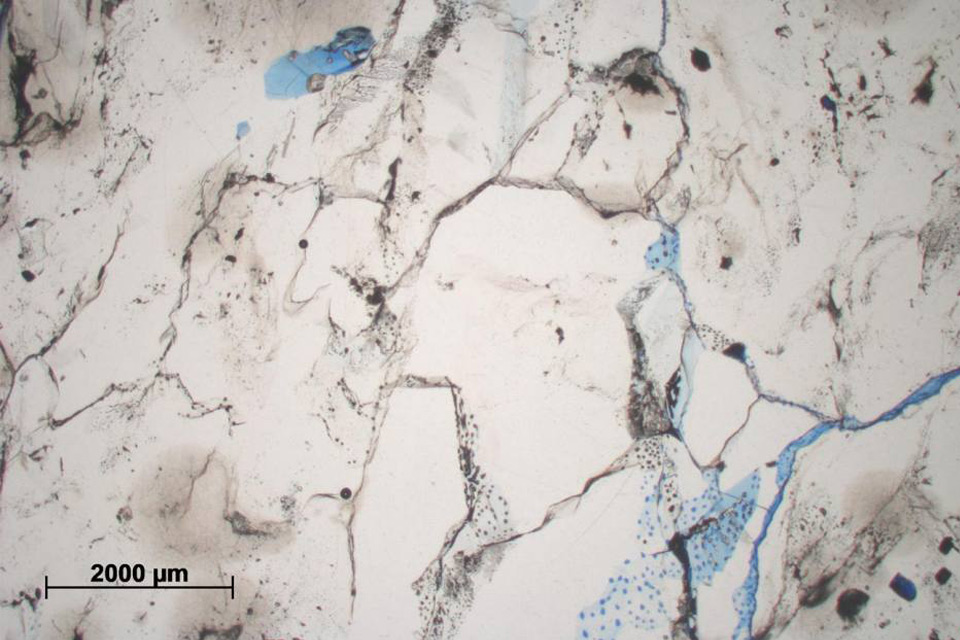
Funding awarded for study on hydrogen storage potential in North Yorkshire
22/09/2025
A new study has been awarded funding to explore the potential for underground hydrogen storage near the Knapton power plant.

New geological ‘pathways’ discovered beneath Welsh capital
02/09/2025
Scientists have discovered cavities in the clay underneath Cardiff, which will influence the siting of future geothermal developments.

New platform highlights geothermal potential across the UK
11/08/2025
A new government-funded geothermal initiative, which includes an interactive map, has launched to help decision makers assess the geothermal potential across the UK.
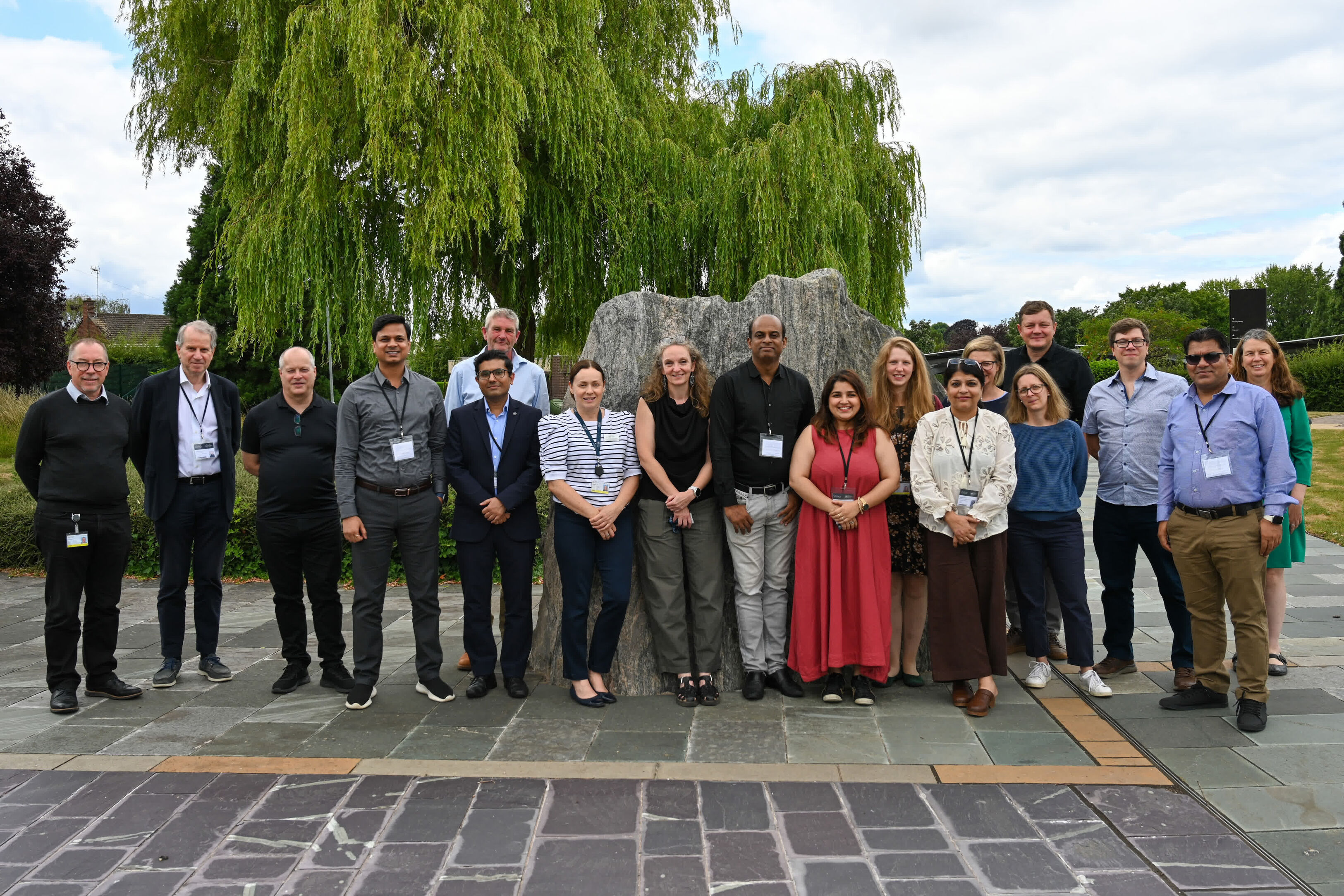
BGS hosts India for ‘deep dive’ on carbon capture and storage
30/07/2025
Some of India’s top scientists visited BGS to explore the UK’s carbon dioxide storage research potential.
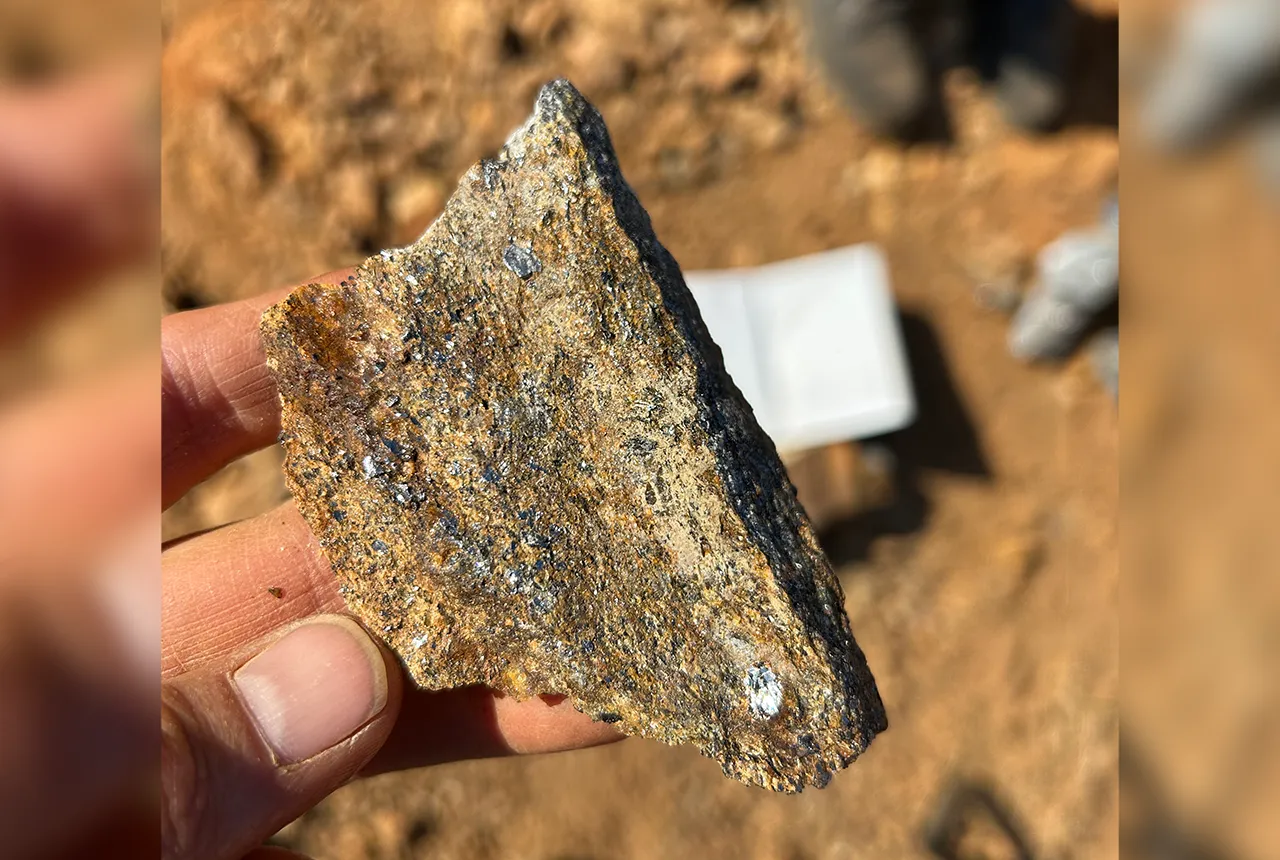
Zambia’s first critical minerals guide supports the country’s potential in global clean energy transition
18/07/2025
A new guide to Zambia’s critical minerals highlights the country’s current and potential critical mineral resources, including cobalt and lithium.




